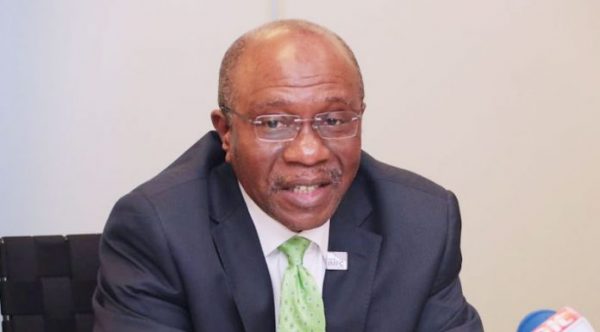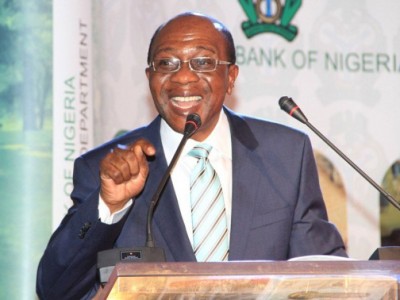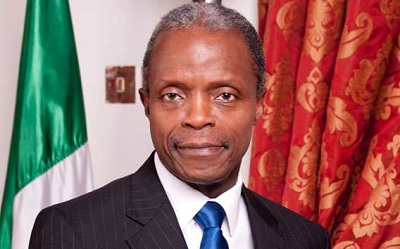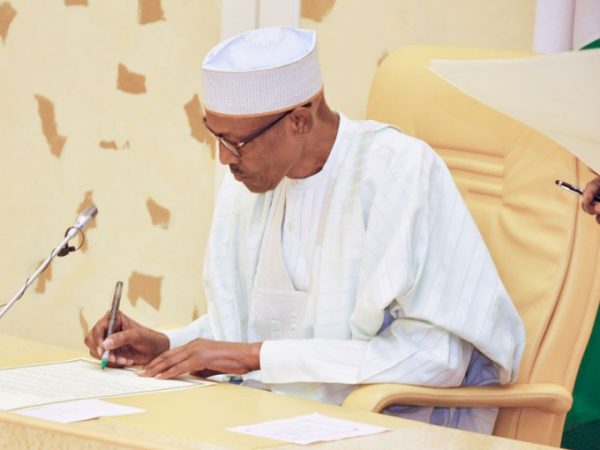CBN To Maintain Tight Monetary Policy, Estimates 12% Inflation

The Governor, Central Bank of Nigeria, Mr Godwin Emefiele, has projected that the current monetary policy stance of the bank is expected to continue while inflation is estimated to rise to 12 per cent and moderate thereafter.
He said this while making a presentation on ‘Setting the agenda for economic growth and business confidence,’ following the conduct of elections in 2019’, at the Businessday post-election economic agenda conference in Lagos on Thursday last week.
“The CBN has set the post-election agenda for the nation’s monetary policy, projecting that the current monetary policy stance of the bank is expected to continue while inflation is estimated to rise to 12 per cent and moderate thereafter,” he said.
Latest statistics by the CBN and the National Bureau of Statistics put the country’s inflation rate at 11.31 per cent in February.
Emefiele, who hinged the monetary policy stance of the bank on rising inflation expectations, however, noted that the bank would adjust the policy rate in line with unfolding conditions and outlooks.
Like it did in 2018, he said the bank would continue in its drive to ensure that the policy interest rate was set to balance the objectives of price stability with output stabilization.
While basing the inflationary projection on productivity gains in the agricultural and manufacturing sectors, he said the Gross Domestic Product was expected to pick up in the first half of the current year owing largely to the continued efforts at driving indigenous production in high-impact real sector activities.
On the exchange rate policy, he said the bank, in spite of expected pressures from the volatility in the crude oil markets, would maintain its stable exchange rate over the next year.
“Gross stability is projected in the foreign exchange market, given increased oil production and contained import bill,” he said.
Emefiele expressed optimism that the country’s Balance of Payments would remain positive in the short-term, adding that the current account balance could improve further if oil prices continued to recover.
He said, “This will be supported by improved non-oil performance as diversification efforts begin to yield results to reduce undue imports.”
While warning that the issues that led to the economic crisis between 2015 and 2017 remained visible, Emefiele stressed the need to significantly increase the country’s policy buffers, including fiscal measure, to increase its external reserve.
He also reiterated the need to diversify the revenue structure of the Federal Government, in order to reduce dependence on direct proceeds from the sale of crude oil.
He advised that cheap financing would be provided to boost local production of priority goods in critical sectors of the economy in order to reduce reliance on foreign imports.
While highlighting the efforts made by the CBN in the past five years of its monetary policy and development finance, he disclosed that the weakening of the Naira impacted the balance sheets of domestic banks.
He said the bank took some measures such as monitoring the financial position and performance of supervised institutions and the assessment of the risk profile and governance management practices of banks to guarantee financial stability.
Emefiele listed other efforts carried out by the bank to ensure financial system stability and the promotion of sustainable economic development to include the establishment of the investors and exporters’ window, conservation of foreign exchange through the restriction of access to foreign exchange on 43 items, and increased lending to the agricultural and manufacturing sectors.







